7 Fruits You Should Eat in Rigid Winter to Stay Healthy
Advertisement
You may not have realized it at first or have not yet correlated your suddenly faulty immune system with your exposure to sunlight, but you are not getting sicker simply because it is colder outside. You are buying your local superstore out of tissues because the nutrients you get from being outdoors are not in your winter diet! It’s time to fill your shopping cart with the winter fruits and vegetables that are beneficial for your family and loved ones. Here we’ve gathered 7 fruits that have huge benefits, to help maintain adequate nutrition and full vitality. Keep reading to what they are.
1. Grapefruit
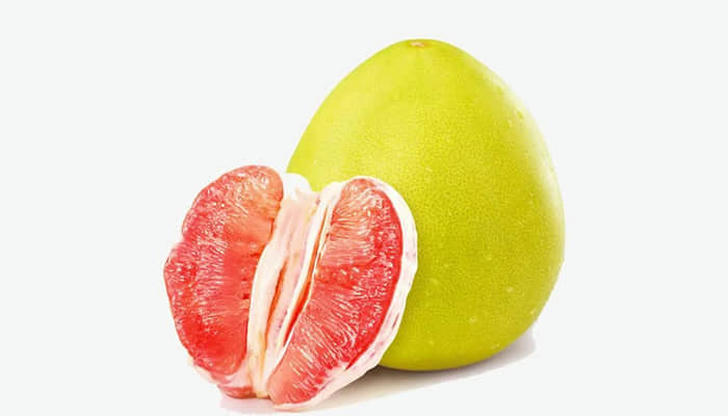
Grapefruit is a kind of Asian fruit as a good source of vitamin A, containing 138 micrograms in 100g. According to a review published in the Journal of Clinical Medicine, vitamin A can enhance immune function and help protect the human body from infectious diseases. This is very important for our barrier immunity, which is our throat and lungs. In the mucous membrane.
2. Kiwi
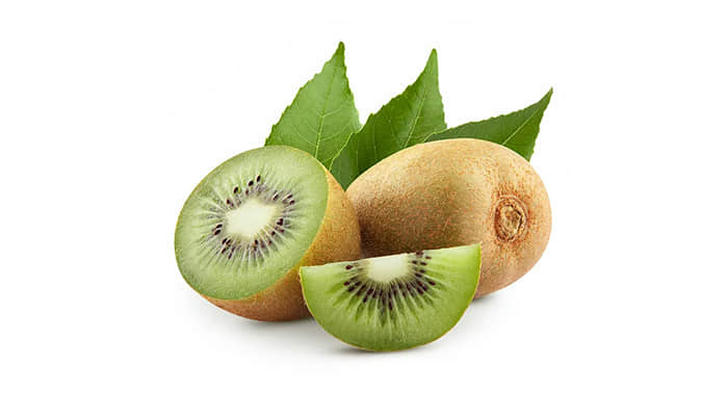
You may know oranges for their vitamin C and bananas for their potassium content, but the kiwi has them beat in both categories as well as providing Vitamin E and K on top of it all! Kiwis are flavorful, healthy, and unique. It is recommended to eat kiwi fruit with breakfast. This is a good way to quickly activate vitamin C and strengthen immunity from the beginning of the day.
3. Pear
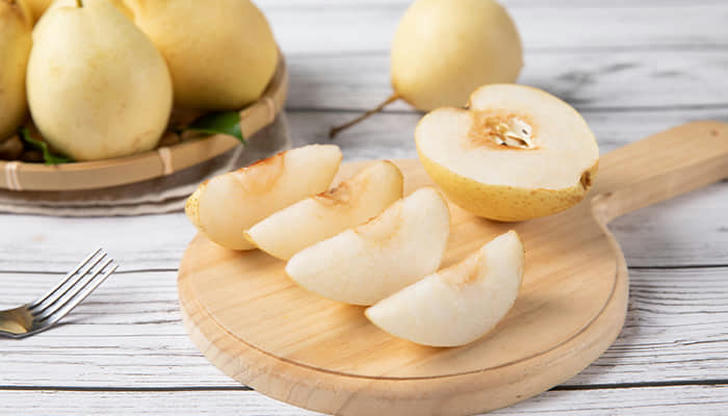
According to data, one pear provides 5.58 grams of fiber, which is a good source of nutrition. Rugers said that fiber is important to the immune system because it promotes bacterial reproduction. The more fiber you consume, the more your immune cells will increase. Besides that, fibrous foods including pears can independently help maintain a healthy weight. If you’re trying to figure out a way to lose the holiday pounds, add this winter fruit to your diet for a low-calorie, weight loss aid snack!
4. Pomegranates
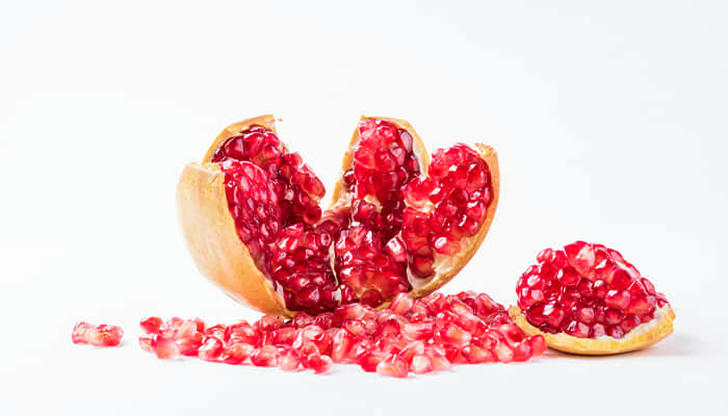
A berry category fruit, pomegranate was considered as a “fruit of paradise” in the ancient age. As a good source of vitamins, protein, fiber, potassium and folate, it is highly recommended for many diseases that are hard to cure with the help of chemical medicines. Add pomegranates to your winter diet and enjoy the health benefits and sweet-sour taste of every scrumptious seed. You can even down a glass of pomegranate juice if you’re on the go this winter.
5. Pineapple
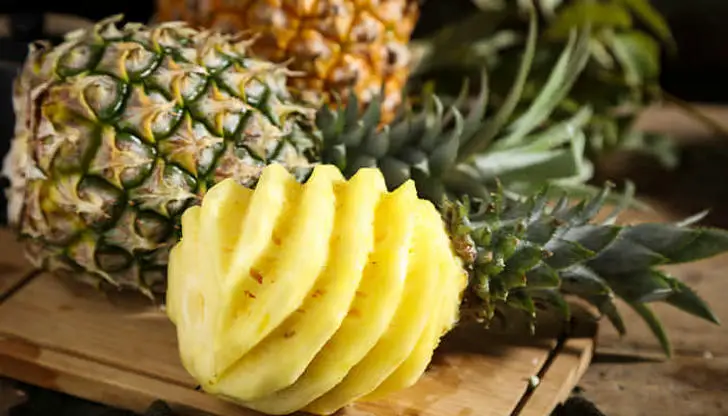
Pineapple is chock full of Vitamin C and manganese, a nutrient that helps in the formation of bones and regulating blood sugar. According to data from the United States Department of Agriculture, pineapple contains 78.9 mg per cup. According to a review article published in International Food Research in September 2020, tropical fruits also have other health benefits, including anti-disease, anti-inflammatory and antioxidant activities and benefits for the nervous and digestive systems
6. Cranberries
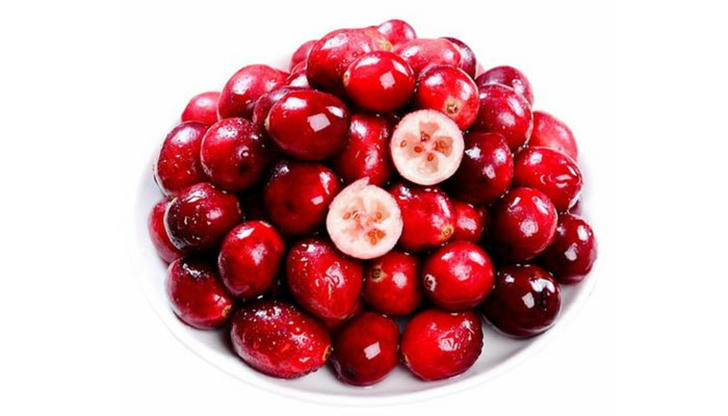
An article published in the Journal of Nutritional Advancement found that cranberries can help reduce cholesterol levels and the risk of coronary heart disease. It is also a good source of vitamin C. One cup contains 14 mg. It is recommended that sprinkling cranberries in the salad is also a good way to add color and nutrition.
7. Apple
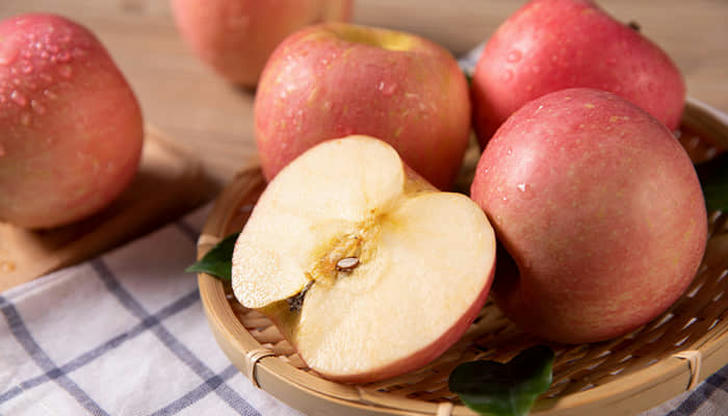
Apple is rich in antioxidants, flavonoids, and dietary fiber, this fruit must be added to your fruit basket whenever you go out for chopping. Due to the presence of vitamin C, it helps the body to fight from different infectious agents. Presence of fiber in this fruit helps to prevent cholesterol level in your body. Vitamin-B in Apple helps to maintain the RBC count as well as proper functioning of the nervous system in the body.



